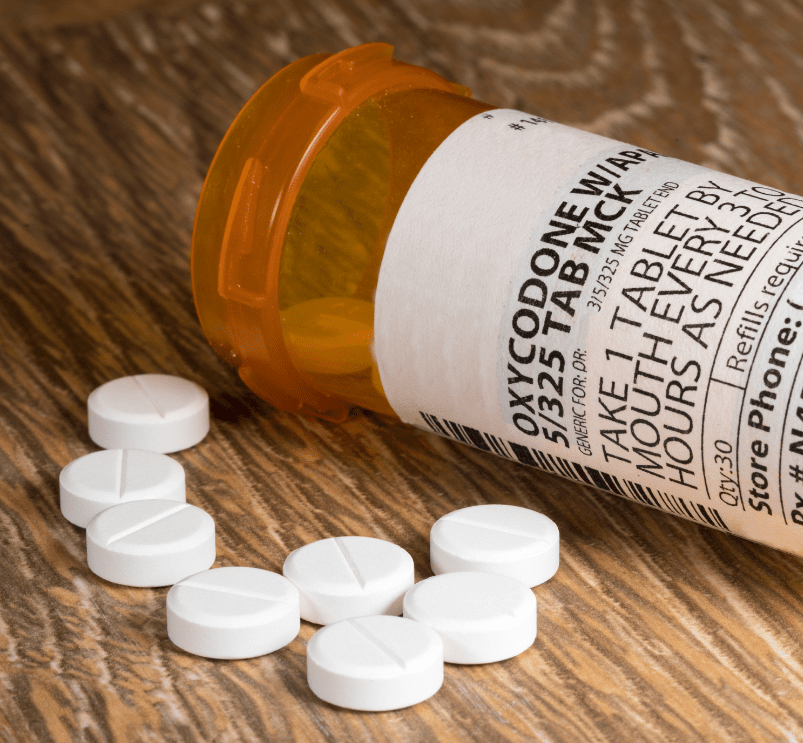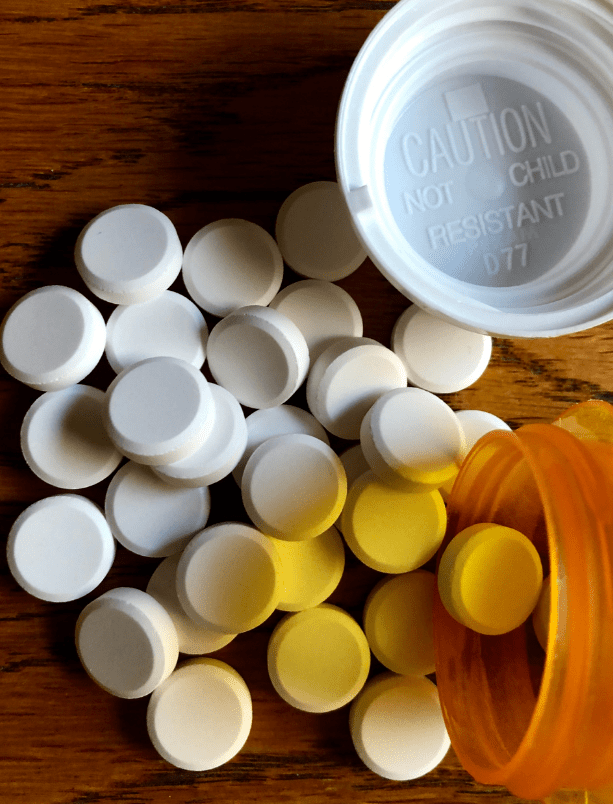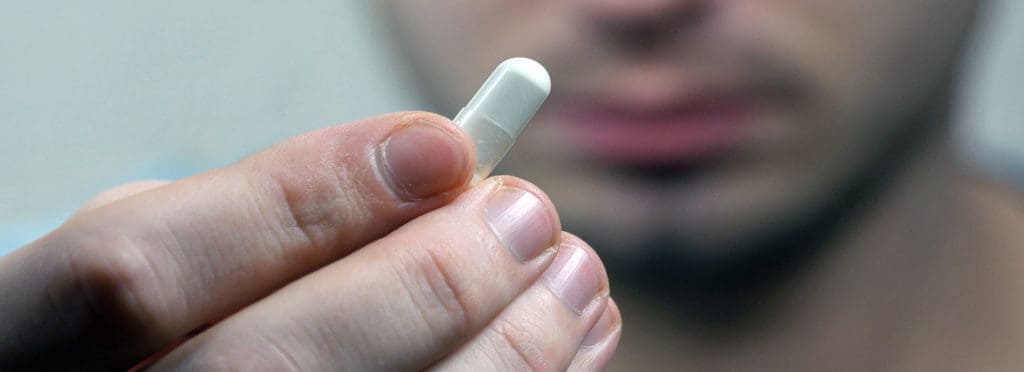Oxycodone vs. Hydrocodone
The opioid epidemic has ravaged our country for the past three decades. Prescription painkillers like oxycodone and hydrocodone are often an unintended gateway to addiction. Tens of thousands of individuals die every year from opioid-related deaths. Due to the introduction of powerful synthetic opiates like fentanyl, the overdose rate has spiked dramatically in recent years. One of the many tragedies is that in many instances addiction to opioids begins by accident.
After having wisdom teeth removed or undergoing even minor surgery, an individual may be prescribed a painkiller like hydrocodone or oxycodone for temporary pain relief. Because opioids have such a high potential for physical and psychological dependency, when the prescription runs out it is often tempting to ask for a refill. Doctors and pharmacists were long complicit in the opioid epidemic by over-prescribing opiates to those at risk for developing a substance abuse disorder.
If you or someone you love is battling an addiction to prescription painkillers or other opiates, early intervention is always best. We encourage you to reach out for assistance as soon as possible. The expert physicians at Oasis Recovery offer a range of tailored drug addiction treatment programs and services that can help you kick the habit and get your life back on track. Reach out to one of our trained representatives today for more information about how you can begin the road to lasting recovery.
The Difference between Oxycodone and Hydrocodone
Oxycodone which was sold under the well-known brand name OxyContin is a strong synthetic prescription painkiller that was developed by the now-infamous Purdue Pharma.
Hydrocodone is commonly sold as Vicodin and remains heavily prescribed after someone undergoes surgery.
Some individuals have negative reactions to codeine-based medications like both oxycodone and hydrocodone and, in turn, are prescribed morphine-based medications like oxymorphone (sold under the brand name Opana) and hydromorphone (Dilaudid). Morphine-based opiates are no less addictive or dangerous than those that are codeine-based. All opioids can easily create physiological addiction in a person as well as physical addiction after only a short period of use.
Know the Signs of Addiction
If someone has become dependent on an opiate or opioid, terms that are often used interchangeably, there are many signs that they have developed a problem.
The symptoms of withdrawal usually peak between 24-48 hours after someone with an opiate addiction last uses. Most withdrawal symptoms subside after a week, however, those who are in recovery for an opiate abuse disorder often report persistent symptoms. More noticeable symptoms of withdrawal are a sign that someone has a moderate to severe addiction.
If you believe someone may have an opiate addiction you will likely notice common signs that can include:
- Mood instability
- Erratic sleep
- Poor decision-making
- Risky behavior such as driving while on painkillers
- Lying or making excuses
- Changes in social behavior, social withdrawal, or isolation
Common red flags associated with opioid withdrawal to be on the lookout for include:
- Anxiety
- Restlessness
- Sweating
- Vomiting
- Diarrhea
- Shaking
Try not to judge someone you care about too harshly if they have fallen into a pattern of substance abuse. Pills like oxycodone and hydrocodone take advantage of a part of the human brain that is associated with pain and pleasure. When an individual consumes painkillers, they temporarily feel better, their pain subsides. A side effect of painkillers is an elevated mood. This side effect is what can get us into trouble. If a person develops an unintentional addiction to painkillers it’s as if their brain has been hijacked.
Consider Treatment for Painkiller Addiction at Oasis Recovery
Medically-supervised detox is most often considered the safest route when it comes to ceasing use if someone has developed a moderate to severe opioid addiction. Because of the toll of opioids on the body as well as the mind, it is sensible to have emergency protocols in place in case they are needed.
The top professionals at Oasis Recovery offer a safe and comfortable space for patients to undergo detox. Our team of medical experts offer a wide range of services and amenities that are tailored to meet your particular needs. Reach out to a trained representative today to learn more about how we can help you navigate the road to recovery.











